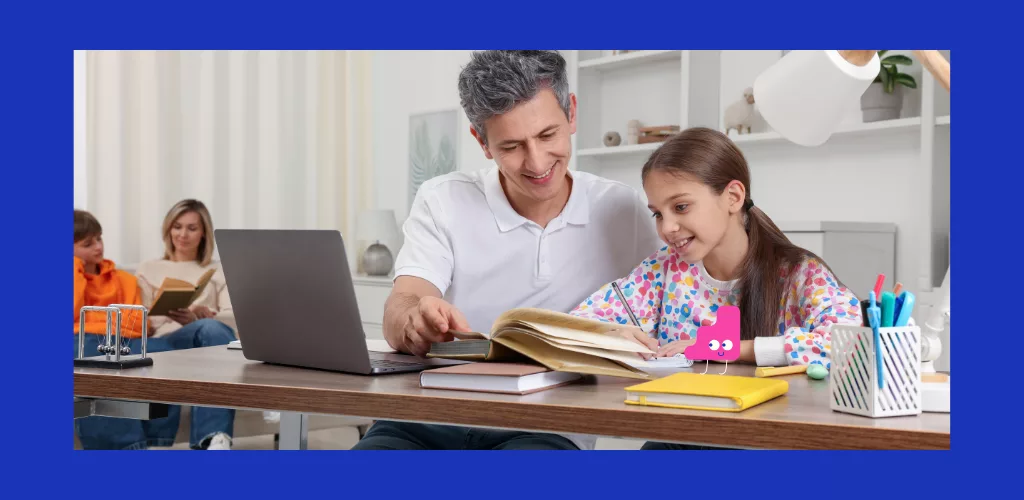Turning small failures into big successes: The Art of cultivating perseverance in our Kids
Perseverance is a skill that needs to be cultivated from an early age on a daily basis.
There are a few tips for training perseverance:
-
- Set concrete, achievable goals and work regularly to reach them. This method keeps you motivated throughout the task, and helps you establish good work habits.
-
- Help your kidunderstand that failure is normal, and should be seen as an opportunity to learn and grow. He may feel frustrated or discouraged, and want to give up. Assure him that his efforts are not in vain, and show him what he has achieved.
-
- Encourage him to be proud of his successes, no matter how small. It may be more interesting to give children the space to develop their self-esteem. He can say "bravo" to himself and develop his intrinsic motivation, the kind that comes from him and doesn't depend on others or material rewards.
-
- Allow him tostop an activity... and resume it later. Faced with too great a challenge, frustration can become insurmountable. By putting an end to the activity and re-evaluating the objectives, your kid may find renewed desire and energy for an activity he or she previously considered uninteresting.
-
- Offer activities that require patience on a daily basis , such as building puzzles, creating clay figures or coloring a complex design. Perseverance is a skill you can develop throughout the year.
-
- Sports activities also require patience and effort: learning to juggle a soccer, successfully flying a kite, returning a volleyball in different ways, skipping rope as fast as possible. For these activities, ask your kid how he managed to progress. You'll notice that he tried for days and days, observed and imitated peers or more competent adults, took breaks and stayed motivated by the goal he had in mind.
Let's take an example: Imagine your kid is trying to learn to ride a bike without wheels for the first time. He falls off, gets discouraged and wants to give up, preferring to return to his comfortable tricycle. But what can you do?
✨ Encourage him to set a simple goal, such as successfully pedaling a short distance without falling. This gives him an attainable goal and a clear vision of what he's trying to achieve.
✨ S how your support by being present, verbally encouraging him and acknowledging his efforts, even if they don't immediately lead to success. Your encouragement will make him more resilient in the face of obstacles.
✨ Value every bit of progress, no matter how small. Every time he manages to stay balanced a little longer, celebrate it as a victory. This boosts his self-confidence and determination to persevere.
✨ Create an environment conducive to learning. Choose a time when he's rested and motivated, and a safe, suitable place, such as a park with a level path. Make sure he has all the safety equipment he needs to feel confident.
In short, when faced with a challenge, you need to be careful to assist your kid as little as possible. Simply help him set his goals and create the optimum conditions for success. He'll be able to overcome obstacles and reproduce this behavior independently. Every little bit of progress is important! Don't hesitate to congratulate him on his efforts, even if he hasn't succeeded yet, and to remind him that failure is part of learning.
Over time, your kid will learn to be patient and reap the benefits throughout his life 🏆
You can also cultivate perseverance with our "I can do it" program!
The Soft Kids team 🌈




0 comments